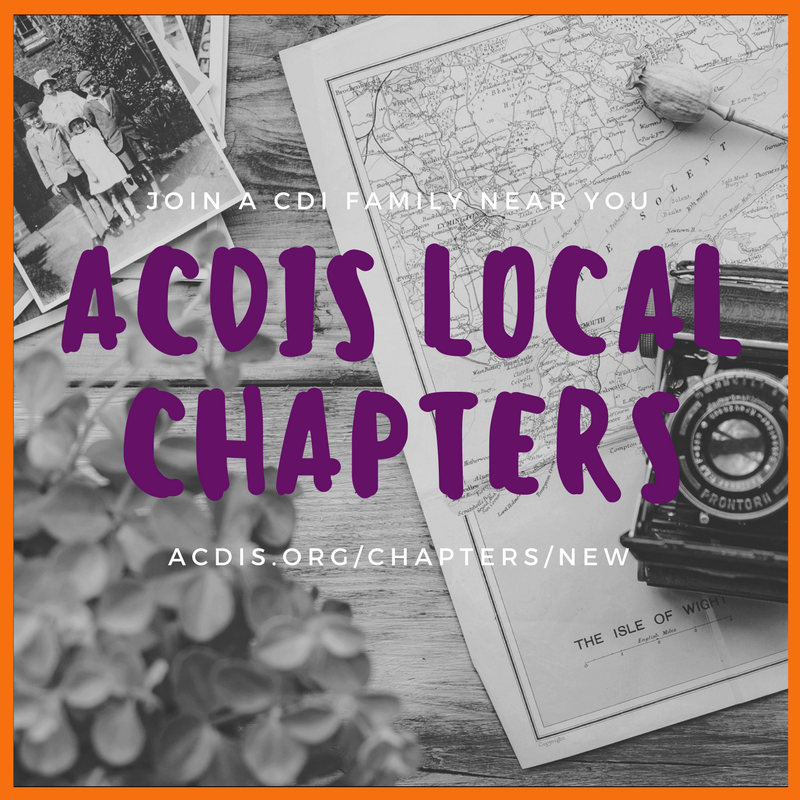Advice from the Chapter Advisory Board: CDI and clinical denials

conversation amongst the members
of the Chapter Advisory Board.
According to a 2017 poll on the ACDIS website, 44% of respondents said their CDI team was not involved with denials management or the appeals process and had no plans to get involved in the future. Though it takes extra work, CDI can be helpful in the denials management process and it can inform other aspects of their work.
According to the Chapter Advisory Board, CDI professionals involved in this space will have to reach out beyond their knowledge base, however, and lean on their coworkers in the process.
“I think the biggest thing to remember when writing an appeal is that the coding-specific and the clinical audits require very different approaches in my experience,” says Aimee Van Balen, RN, BSN, CCDS, senior CDI specialist at Lifespan Corporate Services in Providence, Rhode Island.
Because the appeal writing process requires different nuances and knowledge depending on the type of denial, it’s helpful to have representatives from multiple departments on the denials team, says Van Balen.
“We have an audit team that consists of myself, two other senior level CDI team members, the coding manager and director, and the CDI manager and director,” she says. “We are all assigned audits and meet weekly to discuss our findings/see if we all agree on whether to appeal or not.”
Lori LaFaver, RN, BSN, CCDS, CDI manager, HIM, at Tower Health Reading Hospital in Pennsylvania, adds that getting a physician advisor can be helpful too and lead some clout to the appeal letter.
“It really depends on the input from everyone as to who’s best suited to write the appeal. The lead CDI specialist, the physician advisor, or the coding supervisor can write it,” she says.
“We also include our physician advisors to assist by either requesting a co-signature on the appeal letter or asking them to write the appeal themselves,” adds Lori Ganote, MSN, RN, CCDS, system CDI manager at Baptist Health System in Louisville, Kentucky. “Then, we report out denials and appeals data on a quarterly basis at our System Resource Council meeting to keep everyone up-to-date.”
While building a multidisciplinary team including some of your more senior CDI staff works well, bigger organizations may elect to create a dedicated role within their CDI department specifically for focusing on denials and appeals, Ganote says.
“We created a dedicated position for appeals and included an analytics component for reporting our key performance indicator data,” she says. “Our appeals and analytics nurse also reports the number of denials, any diagnosis trends, wins, and those that we appealed at multiple levels.”
Having that data in hand can help the CDI team better develop physician educational tools as well, potentially stopping future denials surrounding that condition, LaFaver says.
“We track all the denials we receive over time so we can see any trends as they emerge,” she says. “Then, we use the denials as chart examples at our monthly lunch-and-learn sessions with the hospitalists and residents.”
While it may add work to an already busy schedule, CDI professionals are an excellent addition to a denials management team due to their positioning as the bridge between the clinical and coding languages.
“It is a huge undertaking and there’s been a bit of a learning curve, though, especially regarding effective appeal letter writing,” says Van Balen.
Because of the learning curve, CDI professionals involved in the denials management and appeals process shouldn’t shy away from asking for help. That’s the benefit of a multidisciplinary team, says Van Balen.
“We ask our coding colleagues for assistance if needed on the coding nuances and they know they can ask the CDI team’s help on the clinical reviews as needed,” she says. “It seems to be working well that way.”
Editor’s note: This article was compiled from a conversation amongst the members of the Chapter Advisory Board. For information about ACDIS’ more than 40 local chapters and networking groups, click here. Contact Van Balen at avanbalen@lifespan.org, LaFaver at lori.lafaver@towerhealth.org, and Ganote at lori.ganote@bhsi.com. Opinions expressed are that of the authors and do not necessarily represent HCPro, ACDIS, or any of its subsidiaries.
